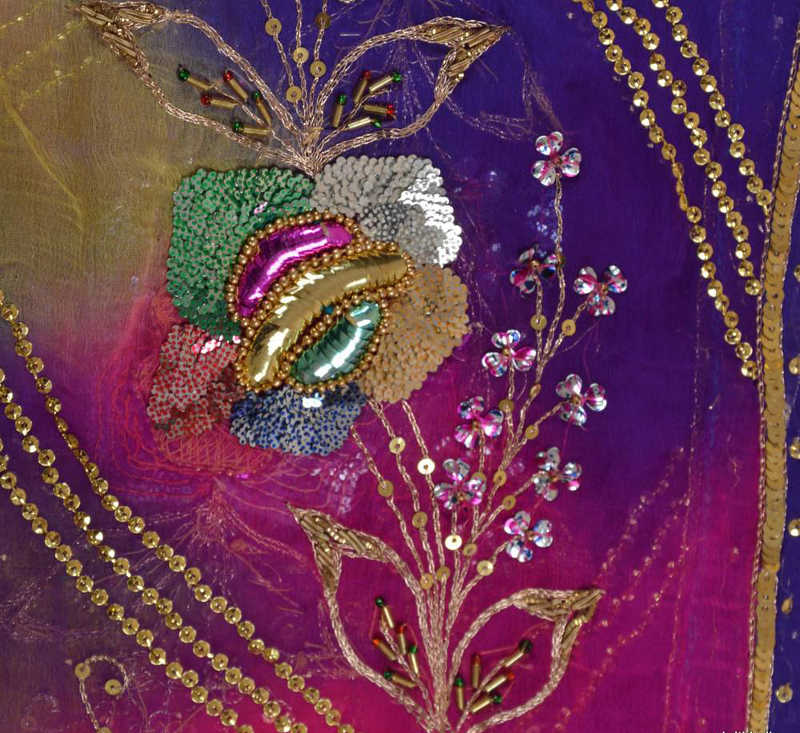===
1504,
2
===

=== |
 |
chuvānā : 'To cause to drop or drip, to distil, filter, draw off, drain'. (Platts p.447)
āge : 'Before, in front, in the presence of, confronting, facing, opposite, in view, in sight; in the time or reign; in advance; foremost; fore, beyond, onward, further, further on, furthermore, more than this; in future, hereafter, henceforth; again; for the future; next in time or place, then, afterwards; thereupon, after that; formerly, in former times; already'. (Platts p.72)
ʿahd : 'Injunction, charge, mandate; will, testament; —compact, contract, covenant, agreement, engagement, obligation, promise; bond, league, treaty; —a vow, an oath; —time, season, conjuncture; lifetime; reign (of a king)'. (Platts pp. 766-67)
FWP:
SETS
MOTIFS == WINE; WINE-HOUSE
NAMES
TERMS == MULTIVALENT WORDS ( ʿahd ); THEME; THEME-CREATION; VERSE-SETThat āge ho mai-ḳhāne ke niklo nags at me. Why the unusual specificity of 'come out in front of the wine-house'? For the purposes of the verse, it seems that 'come out of the wine-house' would be equally satisfactory. SRF brings up the possibility that the wine-drinkers are rebels who plan to confront and attack the wine-house, to overthrow its previous domination of their lives. But really, if the drinkers now have, courtesy of the air itself, access to unlimited wine, why would they bother any longer with the wine-house at all? And if they are using the āge ho to measure progress in terms of future forward movement and so on, why the insistence on the exact location from which they are to start, and why the awkward postposition? If it were āge ho mai-ḳhāne se niklo , then this futuristic reading would be much easier to sustain.
The real center and pivot of the verse is that ravishingly multivalent ʿahd . Every single meaning in Platts's list of definitions-- 'injunction, charge, mandate; will, testament; —compact, contract, covenant, agreement, engagement, obligation, promise; bond, league, treaty; —a vow, an oath; —time, season, conjuncture; lifetime; reign (of a king)'-- can work perfectly well in such a broad statement as 'It's the X of the wine-drinkers'. And not just work in a technical way, but work in a way that generates a whole series of intriguingly different possibilities. This wild versatility offers a strong pleasure of its own.